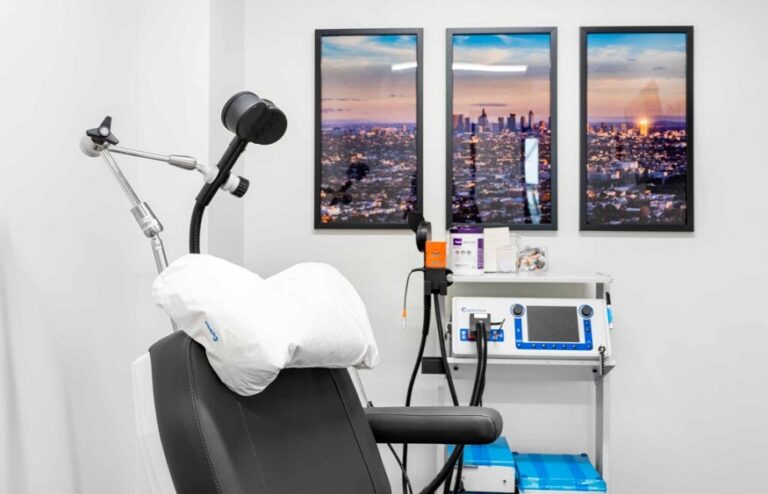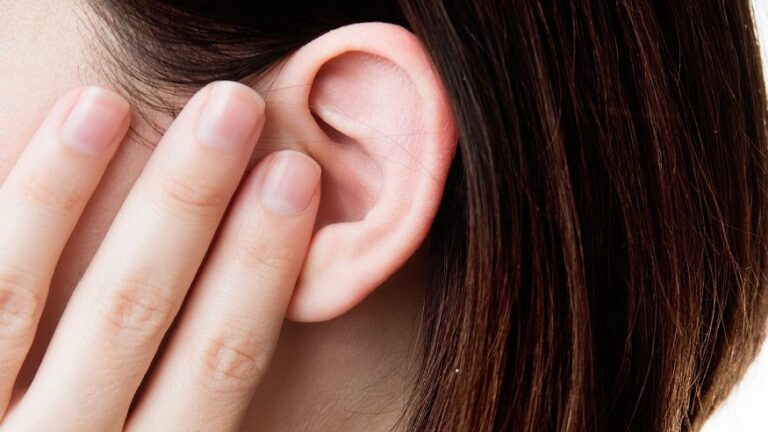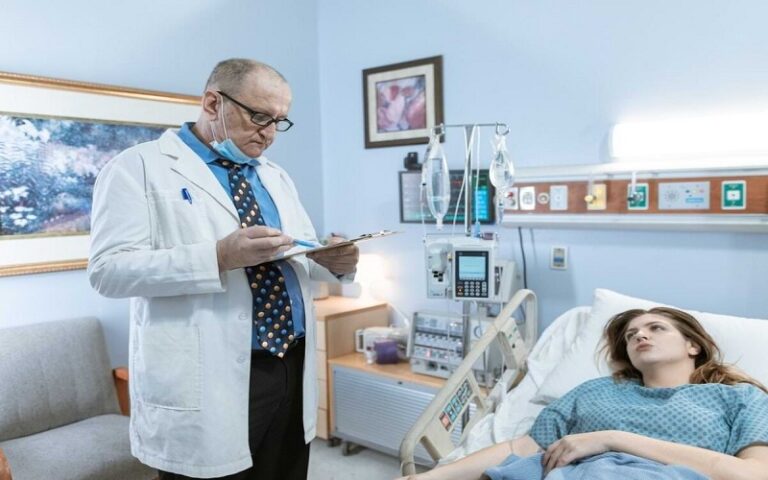Dealing with substance abuse is hard, especially when the signs and symptoms of physical dependence kick in. Detox to rehab plays a crucial role in breaking physical dependence. Detox plays a pivotal role in the journey toward recovery by diminishing physical dependence, paving the way for active participation in subsequent rehab phases.
Dealing With Withdrawal Symptoms
Withdrawal symptoms, ranging from flu-like discomfort to severe manifestations, can be distressing. A well-executed detox, overseen by medical professionals, employs strategies to mitigate these challenges and may include the use of medications to alleviate symptoms like the following:
- Nausea
- Muscle cramps
- Headaches
A more seamless transition during withdrawal is ensured via detox. One of the main factors contributing to drug rehab resistance is the psychological pain that comes with withdrawal. Anxiety, despair, and strong cravings can lead to debilitating emotional upheaval. Through counseling, therapy, and a friendly environment, Detox offers essential psychological assistance in addition to addressing the physical issues. By assisting people in regaining emotional equilibrium, ending a pattern of resistance, and navigating emotional suffering, this dual approach builds their confidence and enables them to actively participate in the therapeutic elements of drug rehabilitation.
When detoxification is successful in reducing both bodily and psychological discomforts, people are more able to concentrate on the therapeutic components of recovery. Less severe withdrawal fosters a more open-minded perspective, which makes it possible to actively engage in group sessions, psychotherapy, and counseling. Addressing the underlying causes of addiction, creating coping skills, and starting the psychological work required for long-term recovery all depend on this involvement.
Focus and mental clarity improve as withdrawal symptoms are gradually eliminated during detox. People’s discomfort and distress start to lessen, enabling them to participate more fully in the emotional work necessary for a more durable recovery. People will actively engage in all facets of the detox and rehabilitation process, including therapy, counseling, and rehabilitative treatments, with more clarity, promoting a deeper comprehension of the underlying reasons for addiction and the development of more effective coping strategies.
A person’s rehabilitation has a positive feedback loop after a successful detox. When the symptoms of withdrawal go away, people feel relieved and accomplished. They get momentum from this encouraging feedback, which encourages them to participate more actively in the rehabilitation process. It encourages confidence in their capacity to overcome obstacles, which adds to a more upbeat perspective on rehabilitation.












+ There are no comments
Add yours